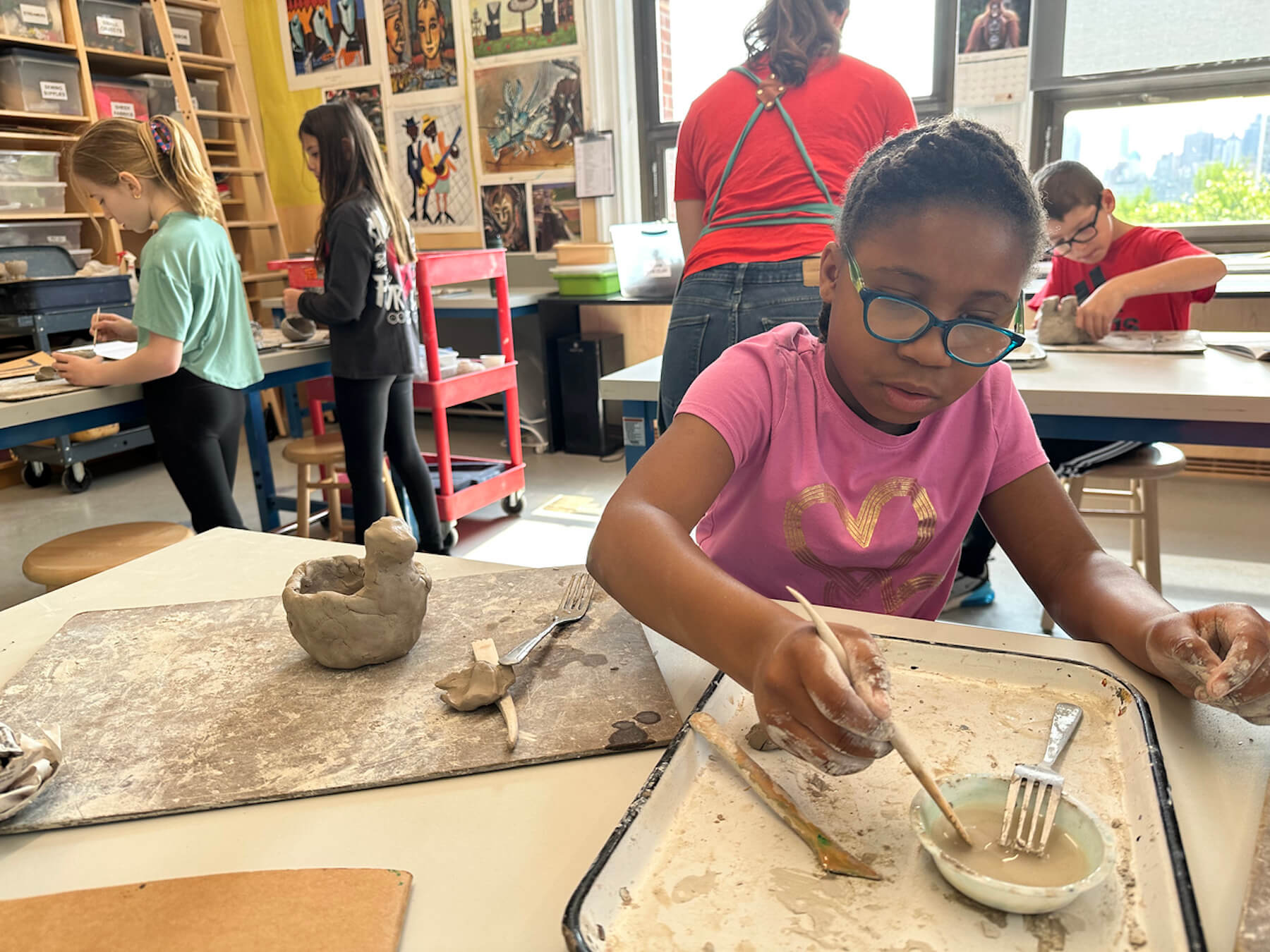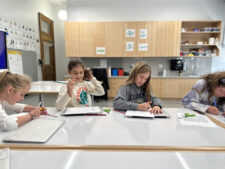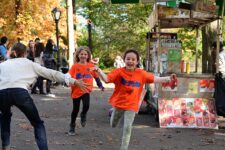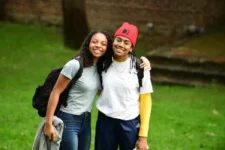You’d be hard-pressed to find a classroom at ECFS in which students sit silently, taking notes as they listen to a teacher. Our curriculum is rooted in lessons and projects that engage their hands, hearts, and bodies as much as they engage their minds. Why only learn about how the plantain is a food staple in many societies when you can taste, touch, and cook with it as our Pre-K students do in class? Wherever possible, our faculty aim to transform learning into lived experience.
One example is an interdisciplinary unit for our Pre-K students that bridges what they learn in their science and music classes. After becoming familiar with sound and vibration, students construct their own instruments from recycled materials. The unit concludes with a performance in front of the entire class — it may not be on the level of a Carnegie Hall recital, but it’s a fun and immersive performance nevertheless.
The Art of Learning Outside the Classroom
A key lesson our teachers emphasize is that learning can and naturally does occur outside the classroom setting. Thanks to our longstanding relationships with organizations throughout New York, we’ve developed programs that give our students a glimpse of all the resources the city has to offer. A trip to the Adaptive Design Association, a non-profit serving children with special needs, gave a group of 7th Graders the chance to design tools and furniture for differently abled people.
Meanwhile, at Ethical Culture, when asked to choose a service project to work on, our 2nd Graders settled on an idea that would utilize skills they’d already honed. Having sewn quilts to donate to the Lerata School in rural Kenya as 1st Graders, our 2nd Graders then knitted scarves for Win, an organization that seeks to empower the homeless women and children of New York.
Immersive experiences can be fun, too. In one off-campus trip, Fieldston Upper students biked sixty miles down the Towpath Trail, tracing the Delaware River along the Pennsylvania-New Jersey border. Beyond the stunning views the ride provided, the excursion reminded our students of the world that exists beyond New York City.
Our entire curriculum is built from the ground up to utilize hands-on, project-based approaches to education. We want our students not only to see, hear, and think, but also to make, do, and feel.
Experiential Learning Through City Semester
One of our signature academic programs is an exemplar of experiential learning for 11th Graders. City Semester is an elective that immerses selected students in the city as their classroom, allowing students to apply what they’ve learned in the classroom to the outside world. It’s an interdisciplinary, experiential program that encourages students to create their own learning experiences and address urban policy challenges affecting sustainability and equity as they travel across all five boroughs for their studies of topics such as immigration, arts and literature, water, and more.

City Semester incorporates all academic subjects, tying different disciplines together in a unified course of study. A three-day canoe trip down the Bronx River serves not only as a good workout, but also a chance to explore a complex ecosystem. An assignment to interview immigrant communities in Spanish or Mandarin is an opportunity to practice a second language. When students draft policy memos as one of their culminating projects, they must draw upon the entire spectrum of what they have learned, from statistics to sociology, ethics to essay-writing.
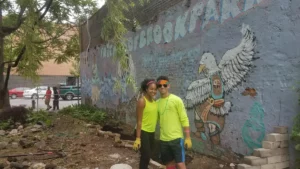
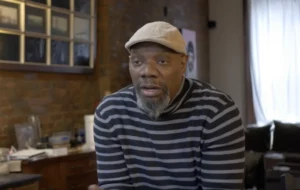
Ben G. ’18 produced a 15-minute video showcasing activists in the South Bronx
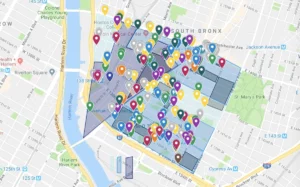
Students produced a map of crime in the Mott Haven area of the Bronx, interviewing police officers about their beats
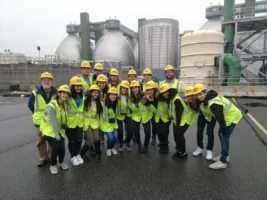
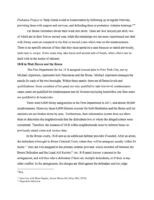
Students produce policy papers after doing deep first-hand research; this is from a paper entitled “Access and Affordability of Criminal Defense in New York City and the South Bronx”
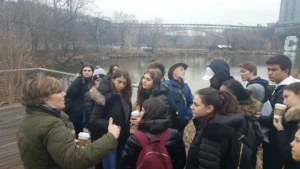
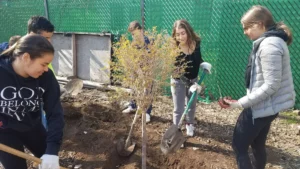
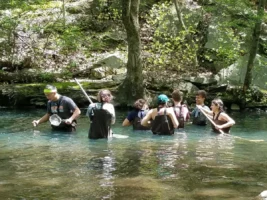
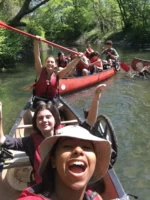
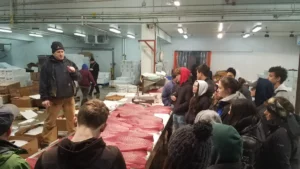
Because City Semester is a full-day, full-semester program, it offers the flexibility to craft schedules that extend beyond normal school hours and well beyond the school’s two campuses. As part of their service learning work, students partner each year with local organizations to make a direct impact on the community. Last year, City Semester participants transported unwanted chickens from New Jersey to Mott Haven and planted tomato plants in the community garden to provide fresh eggs and produce to residents. The experience epitomizes what it means to be an engaged citizen.
